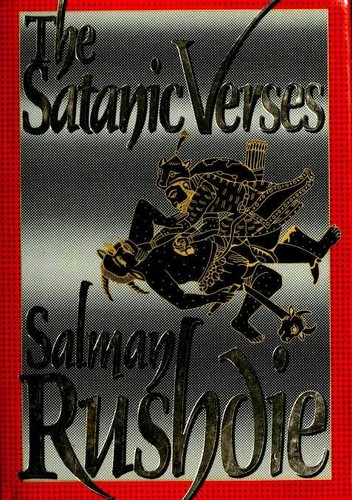Two miscellaneous Nigeria-related items
By chance, I came across two items related to Nigerian science fiction yesterday. They’re interesting enough to add up to one blog post.
The novel Our Lady of the Artilects caught my attention because of an article mentioning that it touches on the Chinese treatment of the Uyghurs and suggesting it might be a Hugo nominee at the Chengu Worldcon. The prospect sounds mischievously wonderful. I’ve ordered the book, and I won’t have an informed opinion on whether it merits a Hugo till I’ve read it. It’s based largely in a future version of Nigeria, which I think puts it in the sub-genre known as “Afro-futurism” even though the author, Andrew Gillsmith, is American.
The other item is that Nigerian SF author Oghenechovwe Donald Ekpeki was denied a visa, which means he can’t go to Chicon 8. He had raised over $7,000 through crowdfunding to get to the US, but his interview with the US Embassy reportedly lasted about a minute before he was turned down for unclear reasons. He has been nominated for two Hugo Awards this year and has received a Nebula. Update: An edit to the File 770 article includes a letter from the US Embassy, addressed to “Dear Applicant,” saying he was turned down because of fears that he might not go home after the Worldcon. The prospect of creative, successful people staying in the US is too much for our government to bear.
Update: Ekpeki got his visa and will get to Chicon after all.
